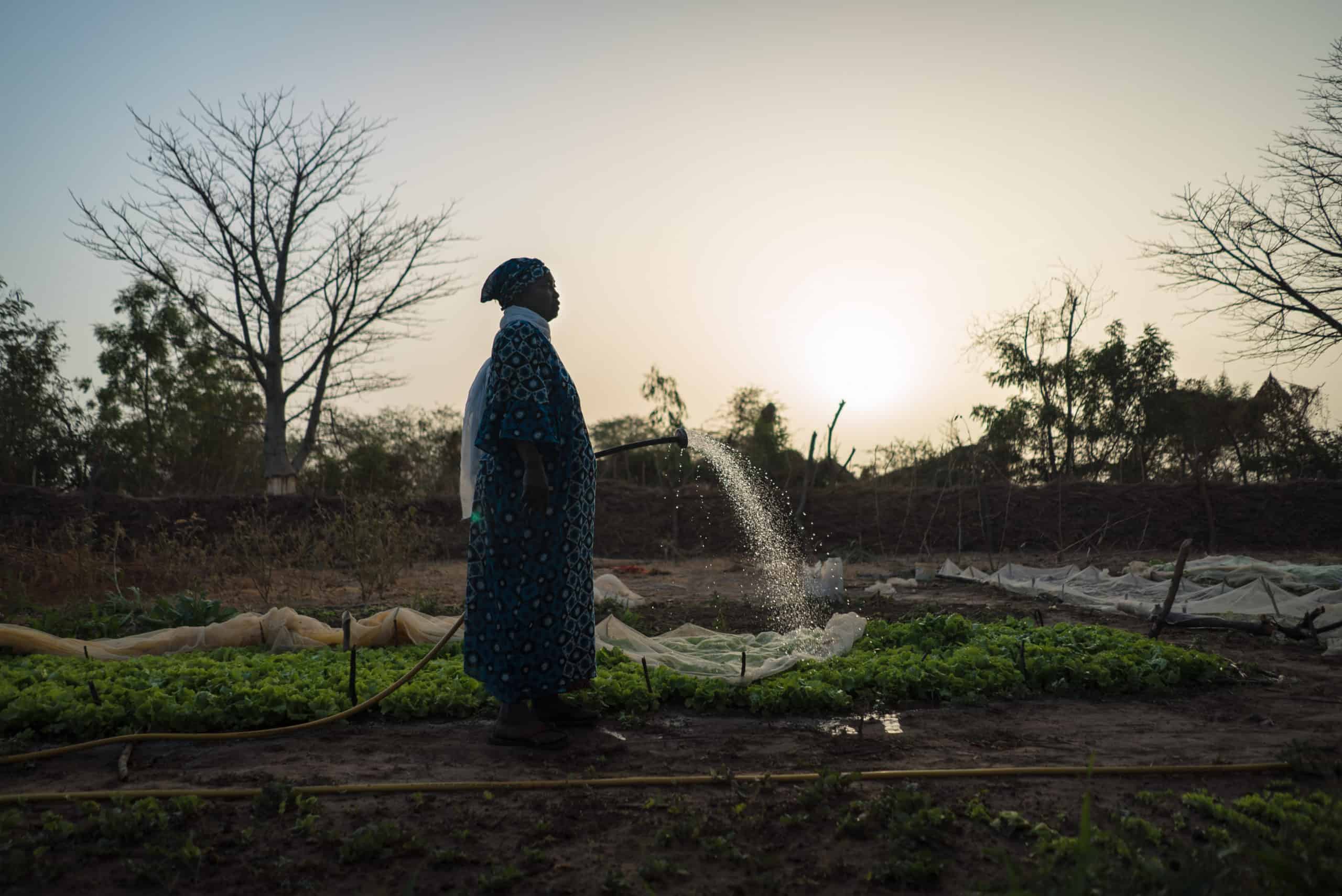Author: John Leary, Executive Director
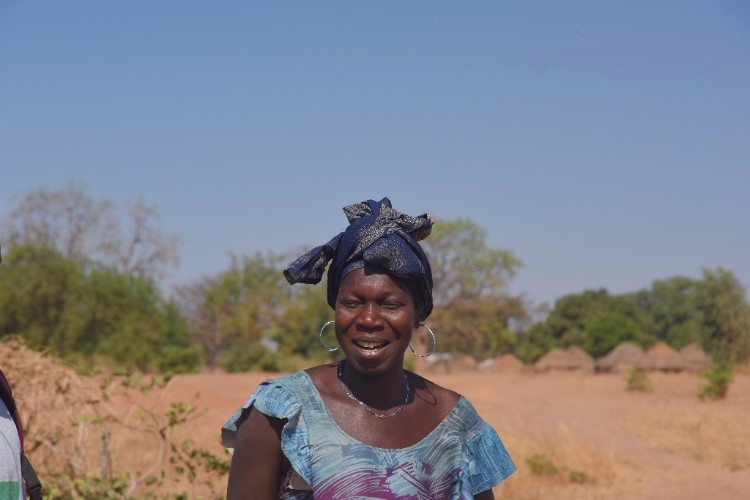
One of my heroes is Loret Miller Ruppe, who reminded us that being at peace is not just the absence of war.
Peace and independence are exactly what Ndeye sought when she chased down Trees for the Future (TREES) Technician, Omar Ndao three years ago. She had seen with her own eyes the health, income and many other opportunities that come to everyone who plants Forest Gardens. She had repeatedly visited Mate Mbaye in a village nearby. You may remember reading about him before.
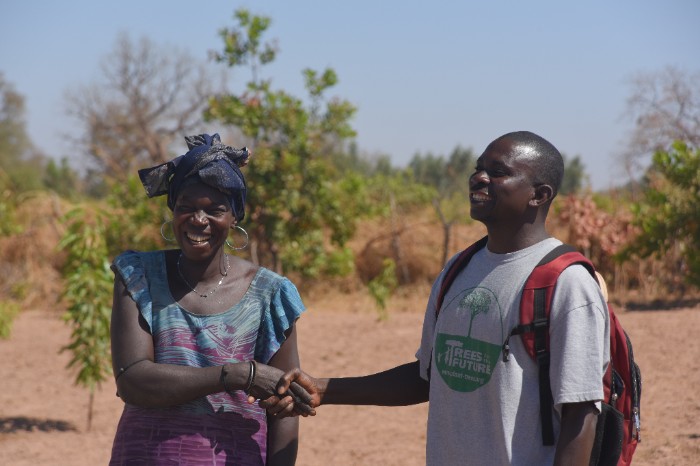
TREES was not yet working in her village, but Ndeye was determined to join the program. Omar frequently passed her village when visiting neighboring communities, but her attempts to get his attention were often drowned out by the hum of his motorcycle.
So, one day she saw him driving by, she literally ran after him, chasing him down. When Omar retells the story, he laughs as he reminisces on seeing this woman running at him and screaming. As she continued to chase after him, he instinctively tried to get away from her but she finally caught up with him and asked “Are you Omar?”
When Ndeye finally got Omar’s attention, she brought him to the field she had inherited from her late father and showed him the few remaining trees.
Ndeye explained how she was fed up with years of slaving in crop fields growing peanuts, millet and maize in the “modern” way. Each year she had to work tirelessly for several months while seed and fertilizer salesmen made all the money. All she was ever left with was disappointing crop yields, scars and deaths in the family to remember the season by.
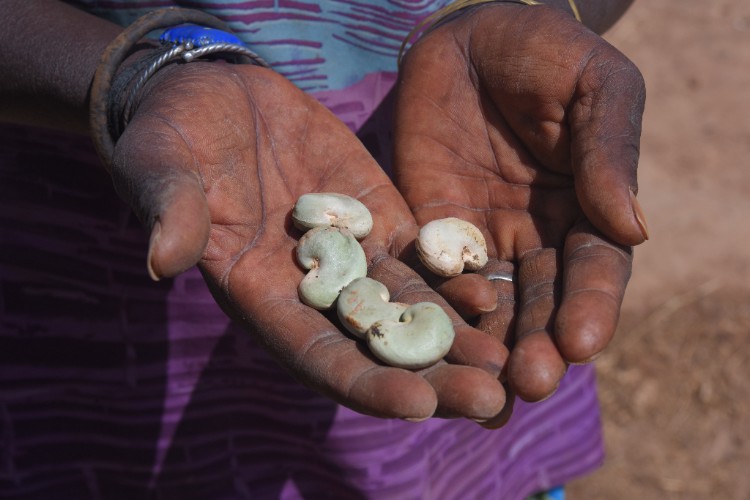
For Ndeye, trees symbolize peace and independence. She sought peace from the recurring nightmare she’s facing: Trying to farm and feed her family for all 12 months in a place where it rains for less than 3 months. She sought independence from the back-breaking life as a maize, millet and peanut farmer, in which she spent much of the year clearing fields, burning, plowing, seeding, weeding, harvesting, drying, processing and transporting field crops, only to be left with less than $1/day, dying soils and undernourished children.
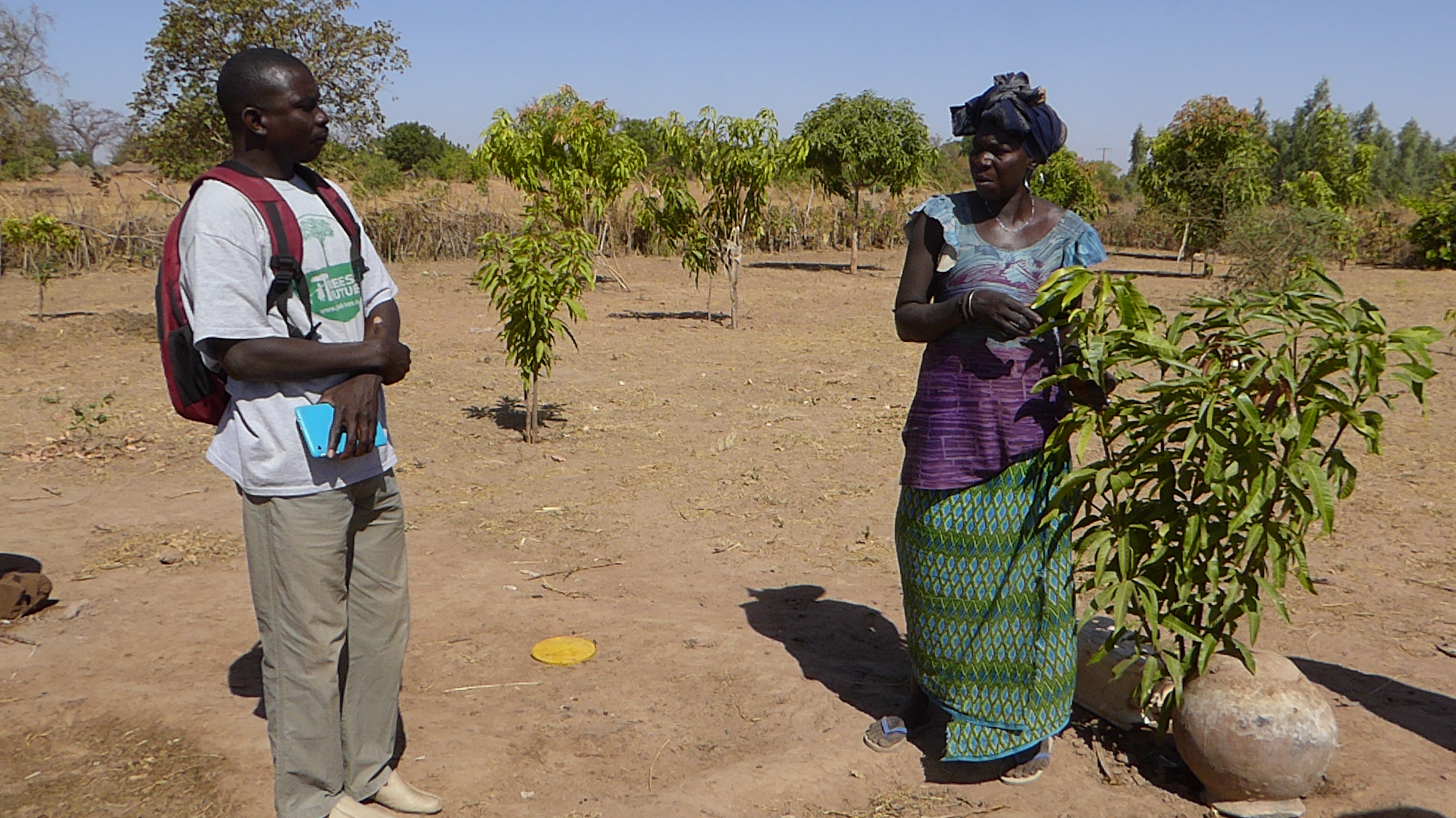
From the first day Omar met Ndeye, it was clear that she believed in the power of trees to change her life, and with your help she is working very hard to make it happen.
When I visited her last year with long-time donor Gwen Noyes, we saw how Ndeye is carrying water great distances to grow vegetables in the protection of her new Forest Garden.
We saw how she monitors her field all day to chase away cattle and goats that attempt to find gaps in her living fence and threaten her livelihood. She has come to all the workshops and she is putting all her new-found skills to use in her field. She learned to grow a green wall around the border of the field which is now visible on Google Earth, and she has spent the last three years growing mangoes and cashew trees which can flourish within the protection of it.
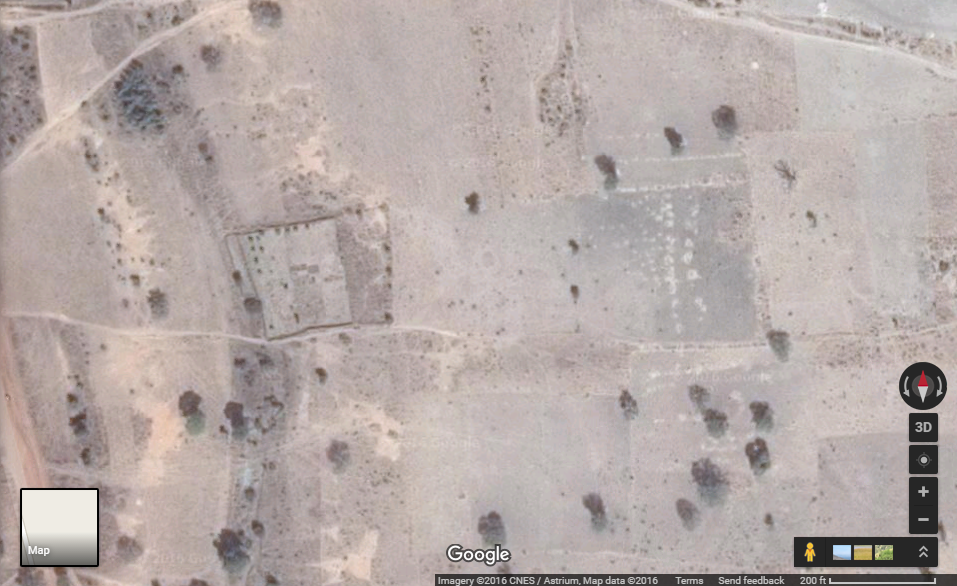
Ndeye is breaking the chains that kept her poor. Rather than being a pawn in an agricultural system where markets, seed and fertilizer salesmen, and government needs dictate the actions of farmers, she is learning to grow her own nutritious foods and new economic opportunities.
She has completed the planting of her living fence. She is now growing cashew trees to form a windbreak around her 300 mango trees. She has learned to grow vegetables beneath the trees, and she is now feeding her sheep with nutritious forage from fodder trees in her Forest Garden.
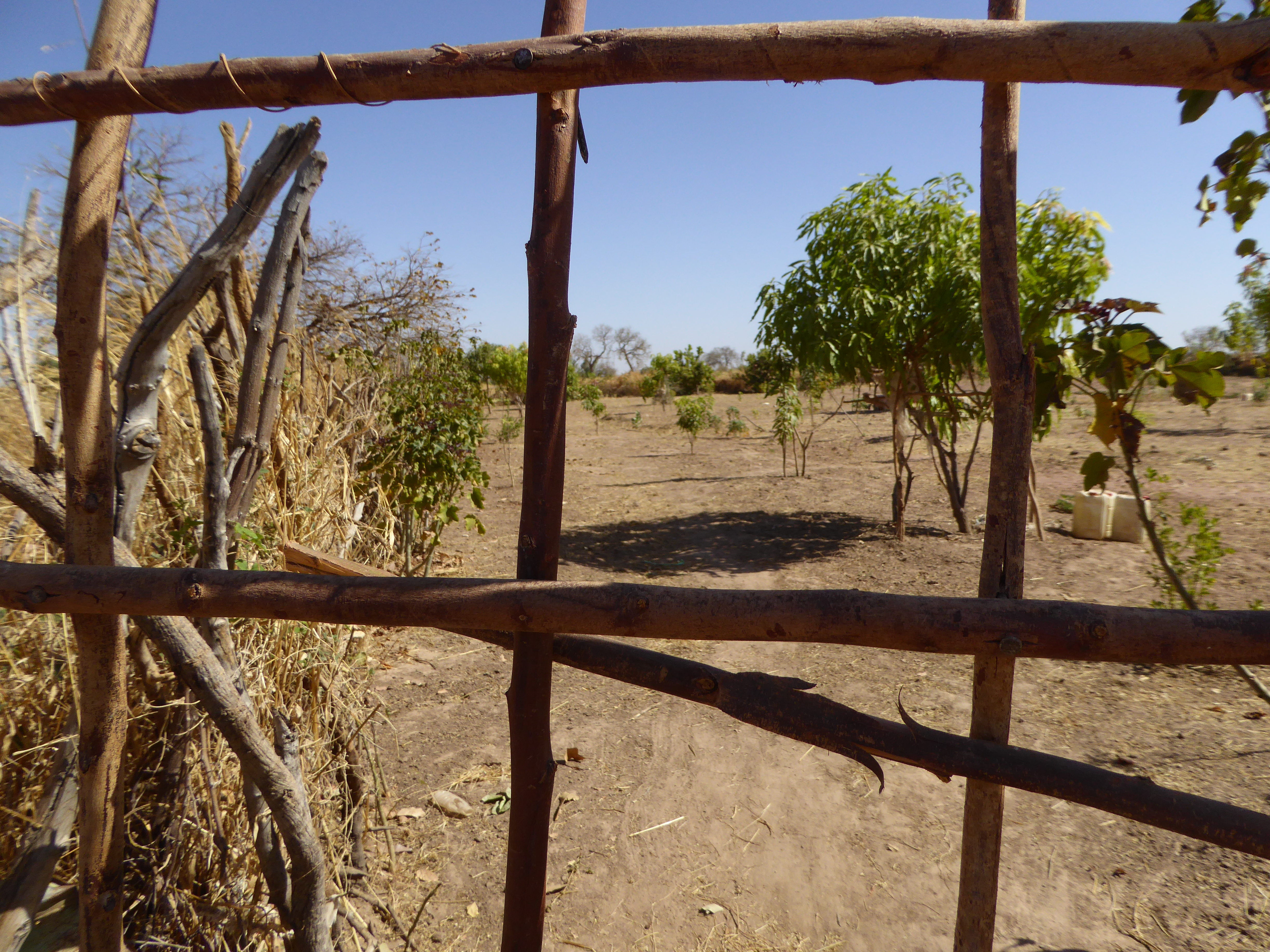
So, as you and I celebrate Independence Day, let’s remember that independence can mean self-sufficiency as much as it means freedom. Independence from fossil fuels, independence from harmful pesticides, and independence from markets and systems that keep farmers poor and slaving on their lands to meet other people’s needs. Forest Gardens end the cycle of poverty and put families on the track toward self-sufficiency.
